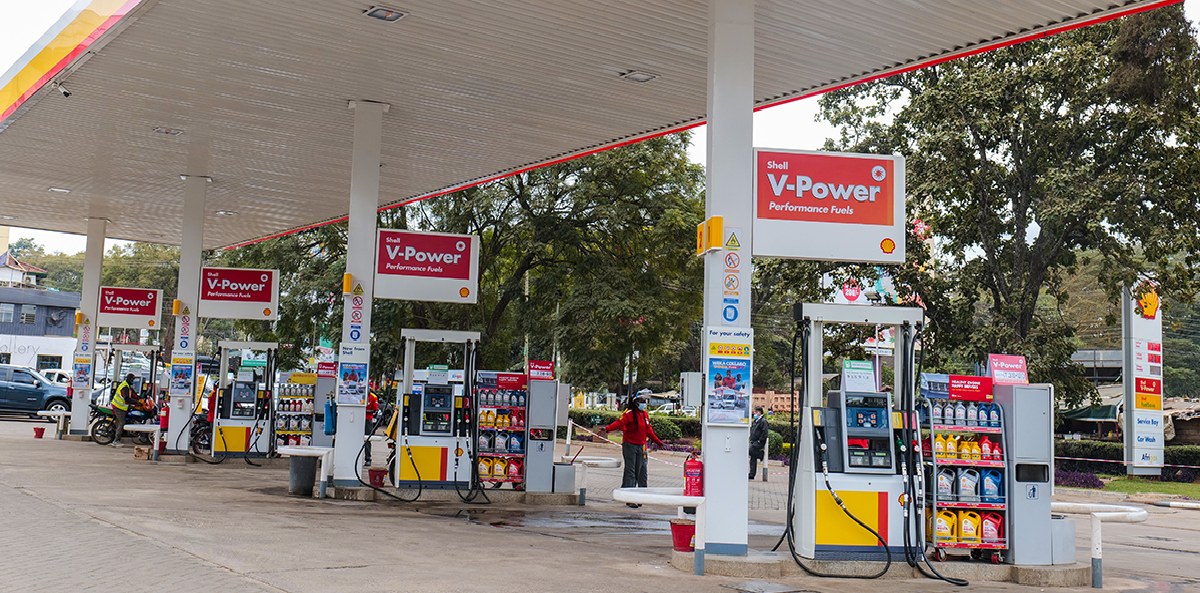Establishing a petroleum retail station in Kenya is a multifaceted process that necessitates adherence to stringent regulatory standards. This ensures environmental safety, structural integrity, and operational excellence. For Kenyan entrepreneurs and investors eyeing the lucrative petroleum sector, comprehending the construction permit requirements is paramount. This comprehensive guide delineates the essential steps and documentation required to secure a construction permit for a petroleum retail station in Kenya.
1. Corporate Documentation
- Certificate of Incorporation / Business Registration Certificate: This foundational document verifies the legal existence of the company or business entity intending to develop the land for the petroleum retail station.
- CR12 Form from the Registrar of Companies: This document provides an official record of the company’s directors and shareholders. It must be current, not older than one year at the time of application. If a corporate entity is listed among the shareholders, its CR12 and identification documents of all directors are required.
- Identification Documents: Clear copies of IDs or passports for all directors must be submitted to authenticate their identities.
- Work Permits for Foreign Directors: Non-Kenyan directors actively involved in the company’s operations must possess valid Class “G” work permits. Foreign directors not residing in Kenya should provide a notarized declaration. Additionally, any employee granted Powers of Attorney by a foreign director should furnish their identification document.
2. Environmental and Land Approvals
- Environmental Impact Assessment (EIA) License: Obtained from the National Environment Management Authority (NEMA), this license confirms that the proposed development complies with environmental regulations and standards.
- Proof of Land Ownership: A copy of the title deed registered in the name of the company or its directors is mandatory. In cases of long-term land leases, a duly executed lease agreement in the applicant company’s name is required.
- Approval from Relevant Roads Authority: If the station is adjacent to major roads, obtaining consent for the construction of acceleration and deceleration lanes from the pertinent roads authority (KENHA, KURA, or KeRRA) is essential.
- County Government Development Permission: Securing development permission from the respective County Government, including the County Physical Planning Office, is a prerequisite.
3. Engineering Plans and Designs
- Mechanical Engineer’s Drawings: These should detail materials and design specifications, including:
- Site layout design
- Underground petroleum tank designs
- Pipework layout
- Civil Engineer’s Drawings: These should encompass:
- Underground tank cradle and backfill designs
- Forecourt layout and surface designs
- General drainage and Oil-Water Separator (OWS) layouts/designs
All drawings must be prepared by registered professional engineers or accredited firms. They should, at a minimum, adhere to the Kenya Standards for Petroleum Retail Stations, specifically KS 1969:2013 and KS 2506:2014.
4. Online Application Procedure
The Energy and Petroleum Regulatory Authority (EPRA) has streamlined the application process through an online portal. Follow these steps:
- Account Creation: Visit the EPRA Online Services Portal and create an account.
- License Management: Navigate to “License Management” and select “New Licence Application.”
- Category Selection: Choose the appropriate category, in this case, “Petroleum Retail Station.”
- Acceptance of Conditions: Read and accept the permit conditions provided, then proceed with the registration.
- Information Submission: Fill in the required information step by step, ensuring accuracy, and save each section.
- Document Attachment: Upload all necessary documents as per the permit category.
- Application Submission: Review the application for completeness and submit it.
5. Processing Period and Charges
- Evaluation Timeline: EPRA evaluates construction permit applications within 45 calendar days from the date of receipt.
- Application Fees: Currently, EPRA does not charge any fees for Petroleum Construction Permits.
6. Additional Considerations
- Stakeholder Review Process: Before construction approval, a stakeholder review process may be conducted to ensure compliance with all regulatory requirements.
- Distance Between Stations: Regulations may specify minimum distances between petroleum retail stations to ensure safety and optimal service distribution.
- Color Coding of Tanks, Pipes, and Pumps: Adherence to standardized color codes for tanks, pipes, and pumps at the petroleum retail station is essential for safety and compliance.
- Decommissioning Procedures: Understanding and planning for proper decommissioning procedures is crucial for environmental protection and regulatory compliance.
- Compliance Transition Period: Existing stations must be aware of and adhere to any specified transition periods for compliance with new regulations.
Embarking on the construction of a petroleum retail station in Kenya involves meticulous planning and strict adherence to regulatory frameworks. By fulfilling the outlined requirements and following the prescribed procedures, investors and entrepreneurs can contribute to the nation’s energy infrastructure while ensuring safety and environmental sustainability.





